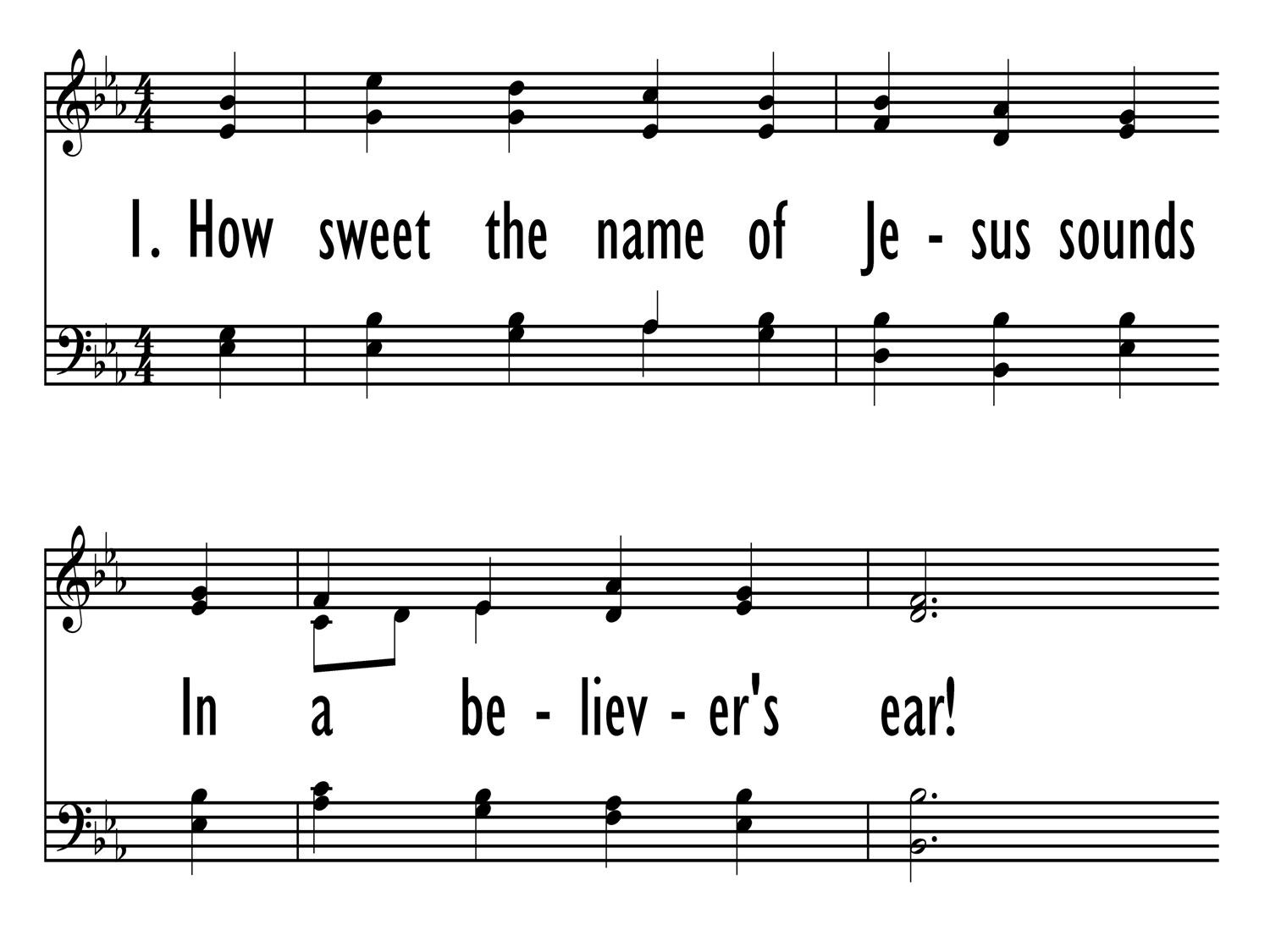- |
User Links
O God, whose thoughts are brightest light
O God, whose thoughts are brightest light
Author: Frederick W. FaberPublished in 12 hymnals
Representative Text
1 O God, whose thoughts are brightest light,
Whose love always runs clear,
To whose kind wisdom sinning souls
Amidst their sins are dear,
How Thou can’st think so well of us,
Yet be the God Thou art,
Is darkness to my intellect,
But sunshine to my heart.
2 Sweeten my bitter-thoughted heart
With charity like Thine,
Till self shall be the only spot
On earth which does not shine;
For they have caught the way of God,
To whom self lies displayed
In such clear vision as to cast
O’er others’ faults a shade.
3 I need Thy mercy for my sin;
But more than this I need,
Thy mercy’s likeness in my soul
For others’ sin to bleed;
‘Tis not enough to weep my sins;
‘Tis but one step to heaven;
When I am kind to others, then
I know myself forgiven.
4 Hardheartedness dwells not with souls
Round whom Thine arms are drawn;
And dark thoughts fade away in grace,
Like cloud spots in the dawn;
All bitterness is from ourselves,
All sweetness is from Thee;
Sweet God, for evermore be Thou
Fountain and Fire in me.
Source: Hymns of the Kingdom of God: with Tunes #326
Author: Frederick W. Faber
 Raised in the Church of England, Frederick W. Faber (b. Calverly, Yorkshire, England, 1814; d. Kensington, London, England, 1863) came from a Huguenot and strict Calvinistic family background. He was educated at Balliol College, Oxford, and ordained in the Church of England in 1839. Influenced by the teaching of John Henry Newman, Faber followed Newman into the Roman Catholic Church in 1845 and served under Newman's supervision in the Oratory of St. Philip Neri. Because he believed that Roman Catholics should sing hymns like those written by John Newton, Charles Wesley, and William Cowpe, Faber wrote 150 hymns himself. One of his best known, "Faith of Our Fathers," originally had these words in its third stanza: "Faith of Our Fathers! Mary'… Go to person page >
Raised in the Church of England, Frederick W. Faber (b. Calverly, Yorkshire, England, 1814; d. Kensington, London, England, 1863) came from a Huguenot and strict Calvinistic family background. He was educated at Balliol College, Oxford, and ordained in the Church of England in 1839. Influenced by the teaching of John Henry Newman, Faber followed Newman into the Roman Catholic Church in 1845 and served under Newman's supervision in the Oratory of St. Philip Neri. Because he believed that Roman Catholics should sing hymns like those written by John Newton, Charles Wesley, and William Cowpe, Faber wrote 150 hymns himself. One of his best known, "Faith of Our Fathers," originally had these words in its third stanza: "Faith of Our Fathers! Mary'… Go to person page >Text Information
| First Line: | O God, whose thoughts are brightest light |
| Author: | Frederick W. Faber |
| Language: | English |
| Copyright: | Public Domain |
Tune
ST. LEONARD (Hiles)ST. MARGUERITE
ST. PETER (Reinagle)
Composed by Alexander R. Reinagle (b. Brighton, Sussex, England, 1799; d. Kidlington, Oxfordshire, England, 1877), ST. PETER was published as a setting for Psalm 118 in Reinagle's Psalm Tunes for the Voice and Pianoforte (c. 1836). The tune first appeared with Newton's text in Hymns Ancient and Mode…


 My Starred Hymns
My Starred Hymns





